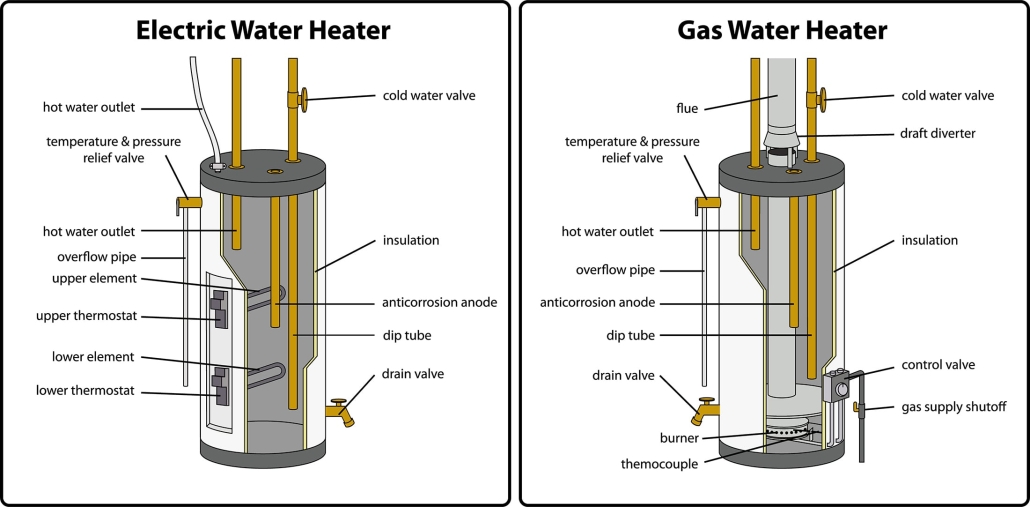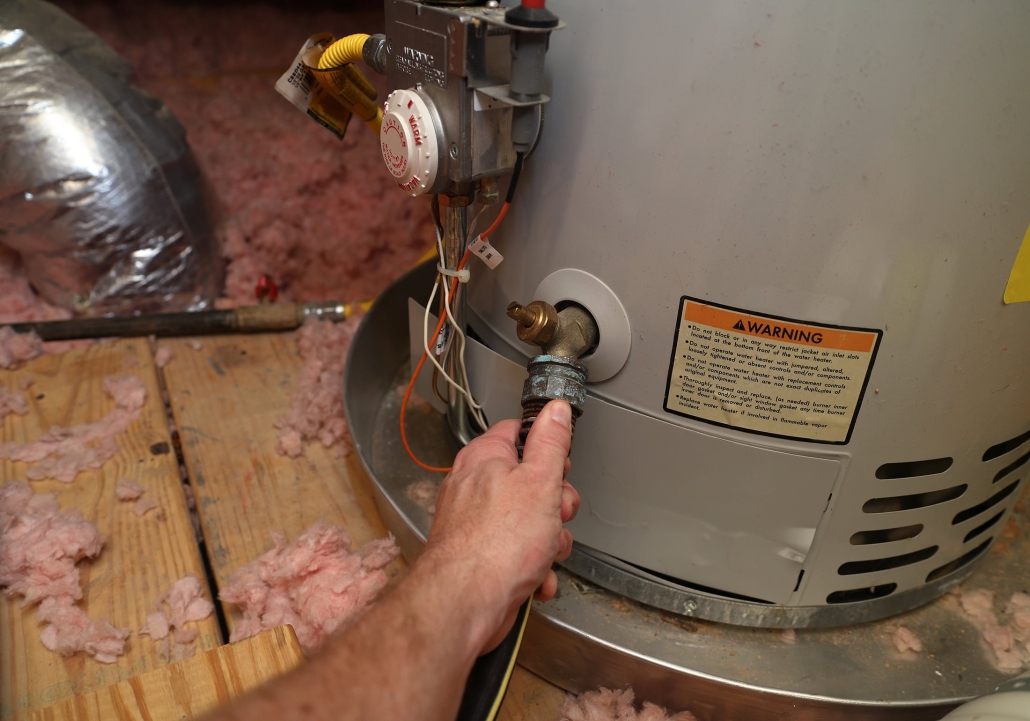Maintaining Your Water Heater Essential Knowledge
Maintaining your water heater is an important task that should be noted. Having a well-maintained water heater can last up to 15 years, while a neglected one may only last half as long. You can also save money on utility bills and improve energy efficiency by performing regular maintenance.
Here are some essential tips for maintaining your water heater:
An important safety feature of your water heater is the pressure relief valve. It helps prevent excessive pressure buildup, which may be hazardous and cause damage to your system. To check the valve, lift it and let it snap back into place. If you hear a gurgling sound or notice small amounts of water trickling out, this is a sign that the valve may need to be replaced.
Drain and flush your tank
Over time, sediment and minerals can accumulate in your water heater tank, causing buildup, which may lead to corrosion and reduce the efficiency of your system. To help prevent this, it is recommended to drain and flush your tank at least once a year. Doing this will help remove any sediment or debris built up and keep your water heater functioning properly.

Inspect the anode rod
A sacrificial metal component is the anode rod, which helps protect your water heater from corrosion. Over time, this rod can become depleted and may need to be replaced to maintain the optimal performance of your system. Inspecting the anode rod every 3-5 years and replacing it if necessary is recommended.
Insulate your water heater
Insulating your water heater may improve its energy efficiency by reducing heat loss. This is especially important for older models or those in unheated areas such as garages or basements. You may also purchase a pre-cut insulation blanket or use a DIY method with fiberglass insulation.
Check for leaks
Regularly checking for leaks is vital to catch and address any potential issues before they become costly problems. Inspect the fittings, pipes, and connections for signs of leakage. If you notice any water pooling around your water heater, it's best to call a professional plumber to fix the issue.
In addition to these tips, you should be familiar with the specific maintenance requirements for your water heater. Different water heaters (such as gas or electric) may have different maintenance needs. Consult the manufacturer's manual for recommended maintenance tasks and intervals.
Conclusion
Your water heater is essential to your home's plumbing system and requires regular maintenance to stay in top condition. Regularly checking the pressure relief valve, draining and flushing your tank, inspecting the anode rod, insulating your water heater, and checking for leaks help your system to last and be efficient. Remember to consult your manufacturer's manual for specific maintenance requirements. Keep your home safe, efficient, and comfortable with these essential tips for maintaining your water heater.
Additional Tips
- Keep your water heater's temperature to 120°F (49°C) to prevent severe burns or scalding and to save energy.
- Testing the temperature and pressure relief valve once a year ensures it functions appropriately.
- Hiring a professional plumber for complex maintenance tasks or if you need help performing them yourself. They can also help identify potential issues with your water heater and address them before they become significant problems.
- If you have hard water, consider installing a water softener to help reduce mineral buildup in your water heater and other appliances.
- Keep the area around your water heater clean and clutter-free for easy access during maintenance checks.
Regular maintenance is vital to keeping your water heater running smoothly and efficiently. Make it a priority to incorporate these tasks into your annual home maintenance routine, and you'll have peace of mind knowing that your water heater is in good condition. Contact Pooles Plumbing with any concerns.






